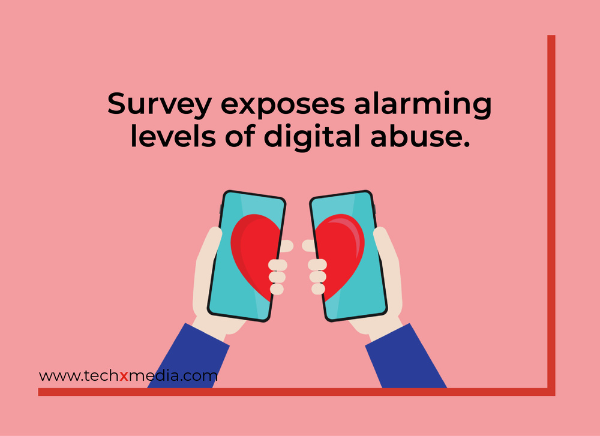
A recent study conducted by Kaspersky, involving 21,000 individuals globally, sheds light on concerning trends in digital abuse among online daters. Shockingly, nearly a quarter of respondents (23%) reported experiencing some form of online stalking from a new romantic interest. Additionally, 34% of participants believe that researching a new partner online is a reasonable precaution, with 41% admitting to doing so themselves.
The survey, which interviewed 1,000 people across 21 countries, highlights the importance of safeguarding measures in the pursuit of love. However, despite efforts to protect themselves, online daters remain vulnerable to a growing threat of stalking and abuse, exacerbated by issues such as location settings and oversharing.
Instances of abuse varied among respondents, with over a third (39%) reporting violence or mistreatment from a current or previous partner. Disturbingly, 16% received unwanted communication, while 13% were recorded or photographed without consent. Additionally, 10% had their location tracked, and 7% had stalkerware installed on their devices without consent.
Female respondents were disproportionately affected by violence or abuse compared to males (42% versus 36%), and those currently dating experienced more abuse than those in long-term relationships (48% versus 37%). Concerningly, 34% of respondents expressed worry about potential online stalking, with females slightly more apprehensive than males (36% versus 31%).
David Emm, Principal Security Researcher at Kaspersky, highlighted the vulnerability created by the ease of accessing traceable data in a connected world. While victims of stalking are never to blame, he stressed the importance of taking precautions to minimize risks, urging individuals to scrutinize information shared online.
To promote safer online dating practices, Kaspersky offers several tips, including safeguarding passwords, exercising caution when something seems too good to be true, and assessing digital privacy settings. They also advocate for creating a “safe plan” when transitioning from digital to real-world interactions.
Kaspersky collaborates with experts and organizations in the field of domestic violence and is a founding member of the Coalition Against Stalkerware. They also support initiatives like the EU-funded project DeStalk and offer tools like TinyCheck to detect stalkerware on devices.
